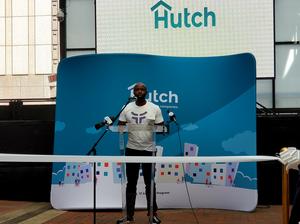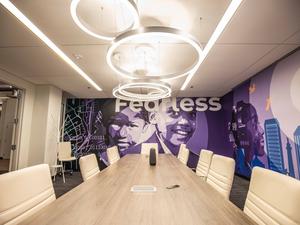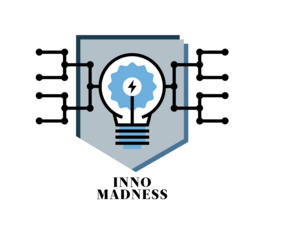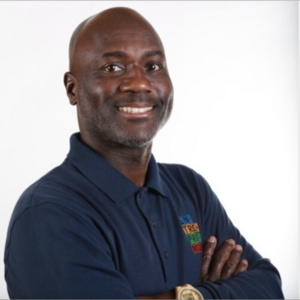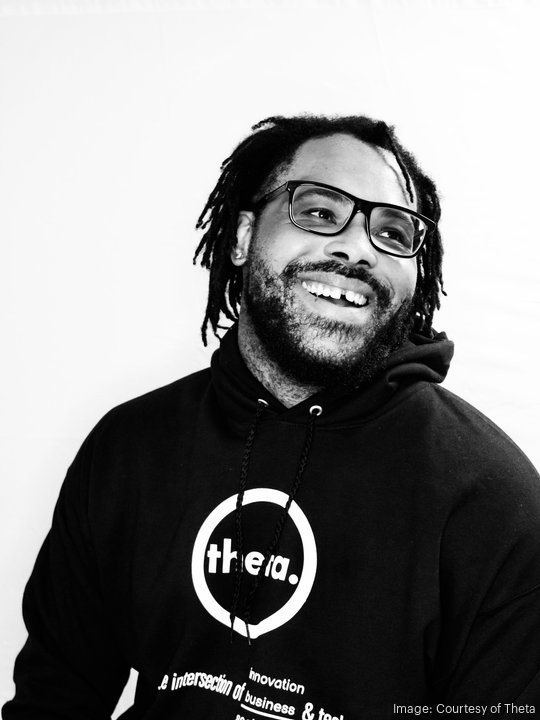
This article is part of the Baltimore Business Journal's Black History Month series on up-and-coming Black-owned businesses. For more profiles, click here.
When Randallstown native Emmanuel Iroanya attended Marshall University, he noticed that the rural West Virginia community and the more urban Baltimore area had some surprising parallels.
Both suffered from a similar type of poverty caused by the nationwide decline of manufacturing, and both he believed could benefit by using technology to combat systemic inequality issues. That observation eventually led him to start his own company, Theta, in 2015, with the goal of improving the functionality of the government software that millions of people rely on to access health care benefits and other services.
"It's not just a skin color issue when it comes to equity and accessibility, it's a class situation,” Iroanya said.
Prior to founding Theta, Iroanya worked for several companies, including social media marketing firm BizBrag and ActioNet, where he worked on improving software for the Centers for Medicare and Medicaid Services (CMS). His work at ActioNet made him realize that improving public services is one of the best ways to assist massive amounts of people through advanced technology.
He's been able to do that at Theta, with the company landing contracts for important projects ranging from helping the Department of Veterans Affairs process toxic chemical exposure claims to making CMS more transparent.
Theta's business has exploded in recent years, nearly tripling its revenue from 2019 to 2022, from $548,603 to $1.48 million. That growth came after the company joined Fearless’s Hutch incubator in 2019 and met other civic-minded founders. Hutch companies work on government-focused technology that is often overshadowed by consumer-driven products in the public consciousness, even though contracting can lead to sustainable, profitable growth. Fearless and Theta have worked together on several contracts, such as a $67 million deal with CMS in 2022.
“It’s hard to explain [this work] to people,” Iroanya said. “It’s a very niche skill that really affects people’s lives at a large scale whether people know it or not.”
In addition to the impact federal software has on people, the government's open bidding process and strict procurement guidelines also make contracting more accessible for Black-owned companies like Theta compared to the private sector.
“There are enough regulations and mandates for hitting certain socio-economic set-asides that give me a genuine fighting chance in the government universe compared to the wild wild West of the private sector,” Iroanya said.
